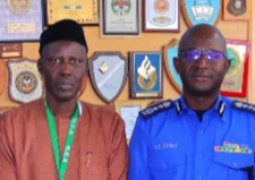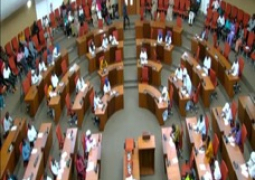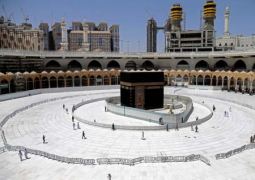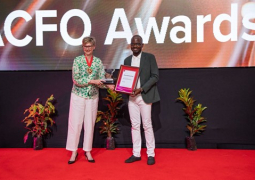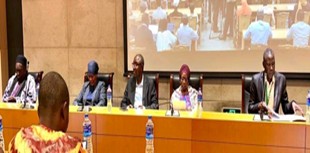
The project aims to address major environmental challenges the country faces, largely caused by human activities and climate change. These include deforestation, soil erosion, rising sea levels, and increasing salinity in coastal areas, all of which threaten agricultural productivity, biodiversity, and the health of ecosystems.
In the country’s efforts to become an official implementing member of the Great Green Wall Initiative (GGWI), the availability of scientific and reliable data is crucial to justify and develop a viable project. The Great Green Wall is an African flagship programme that emphasises an integrated approach to environmental management, with the goal of tackling land degradation, desertification, and climate change through ecosystem restoration.
The vision of the RECOSERV Gambia project aligns with national development priorities to enhance environmental sustainability, improve livelihoods, and advance the Sustainable Development Goals (SDGs).
As part of the process, a national validation workshop of the draft project document was held on Thursday, 4 September 2025, at the Sir Dawda Kairaba Jawara International Conference Centre. The aim was to critically review the draft, provide input, and make necessary adjustments before its finalisation.
Speaking at the event, Dr. Dawda Badgie, Executive Director of the NEA, noted that The Gambia is part of 11 countries working to transform the environment through the Great Green Wall initiative. He said the RECOSERV project, though evolving, reflects a collective effort to tackle environmental challenges that cut across several regions of the country.
Dr Badgie underscored that the project will not solve all of the country’s environmental problems but provides a framework to make meaningful improvements. He urged participants to review the document carefully to ensure community concerns are incorporated. He also emphasised that protecting the environment is a duty owed not only to the present population but also to future generations.
“The environment is a gift that is directly linked to our lives. We must work together to protect it,” he said, stressing that environmental degradation is largely caused by human actions. He added that the support of the Global Environment Facility and UNEP would help ensure effective implementation of the project.
Deputy Permanent Secretary Bintou Gassama Jammeh, representing the Minister for Environment, Climate Change and Natural Resources, said the Great Green Wall represents a vision of hope, resilience, and a greener future for The Gambia and the African continent. She explained that the country faces multiple challenges, including environmental degradation, economic and infrastructure constraints, and institutional barriers that threaten both natural ecosystems and the wellbeing of citizens.
In response, she said the Great Green Wall provides an ambitious and transformative framework to combat desertification, enhance food security, and promote sustainable land management. “By joining this initiative, The Gambia is not merely planting trees. We are sowing the seeds of prosperity, unity, and environmental stewardship,” she stated.
Mrs Jammeh further highlighted that the initiative aligns with national aspirations to achieve environmental sustainability, improve livelihoods, and meet the SDGs. It also enables The Gambia to benefit from regional cooperation, knowledge exchange, and capacity building, which are key to effective and sustainable implementation.
She added that the country’s engagement is guided by clear goals, including restoring degraded ecosystems, enhancing biodiversity, promoting sustainable agriculture, empowering communities especially women and youth and strengthening institutional frameworks to support inclusive development.


